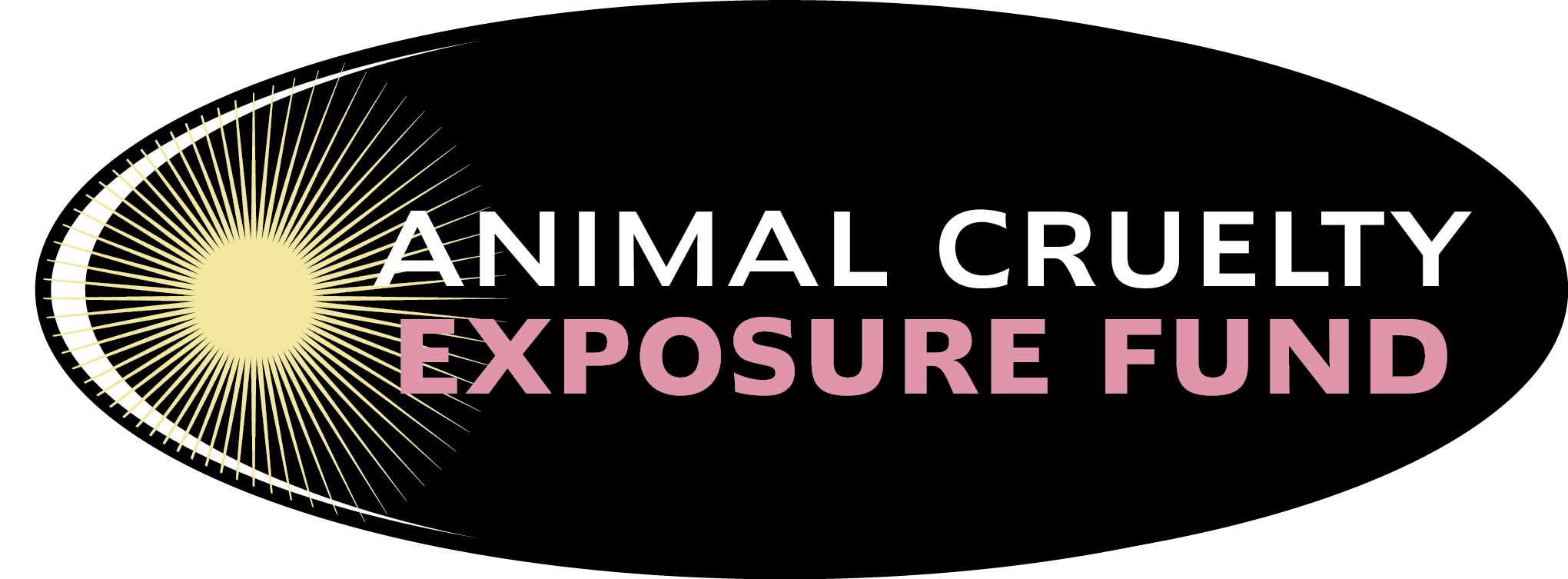Vegan Fitness
Plant Protein and Calcium VS. Animal Sources
One of the biggest of the “protein myths” is that animal protein is superior, or that plant protein is not “complete,” and therefore, you must consume animal protein. This is flat out untrue. Consuming protein that comes from plant origins is just as good as animal protein. In fact, in many ways, it’s better. In addition to containing adequate amounts of protein, plant sources contain substantial amounts of vitamins, minerals, fiber, antioxidants, and other nutrients, many of which are unavailable from animal products. In addition to the protein and
We are constantly bombarded with messages that seem to tell us that we need inordinate amounts of protein in order to function, or be “healthy.” Many of these messages originate from the very industries that are trying to sell the products that are high in protein. Coincidence? Most likely not. The truth is too much protein is actually bad for us.
Another big myth is what we are told about needing to drink cow’s milk for its calcium to protect our bones. The truth is, the combination of the calcium with the high protein content actually causes osteoporosis. In countries where people eat a diet consisting mostly of plant products such as rice and beans, osteoporosis is almost non-existent. Other illnesses, such as certain forms of cancer, diabetes, high blood pressure, high cholesterol, and obesity, are also found much less in persons who consume a plant-based diet.
There are plenty of plant foods that contain adequate amounts of protein and calcium. Remember, some of the strongest, most muscular animals on the planet, such as horses, bulls, and oxen, do not consume animal products – they rely on a strictly plant-based, vegan diet. Calcium and protein are available and obtainable in foods such as beans, legumes, soy products, greens such as kale, collard greens, broccoli, and seeds, nuts, and nut
For more information, check out these resources:
Body Building Using Plant-based Foods
If you’re serious about training and appreciate the value of a diet high in fruits and vegetables, maybe you’re still reluctant to consider a full switch from “healthy” to full-on “vegan,” because you’re afraid you’ll lose the hard-earned muscle you’ve worked years to
Body Building Using Plant-based Foods
If you’re serious about training and appreciate the value of a diet high in fruits and vegetables, maybe you’re still reluctant to consider a full switch from “healthy” to full-on “vegan,” because you’re afraid you’ll lose the hard-earned muscle you’ve worked years to
But, men, you can take comfort from – and certainly get inspired by – the amazing specimens who have come before you! Bill Pearl is a prime example. Now in his 60s, the former “Mr. Universe” became a vegetarian at 39. “I’m more healthy and can train with more energy,” Pearl says. “Take it from me, there’s nothing magic about eating meat that’s going to make you a champion bodybuilder. Anything you can find in a piece of meat, you can find in other foods as well.”
Of course, this applies to women, as well. There are countless vegan women bodybuilders filling the pages of numerous bodybuilding magazines. Full vegan bodybuilders like Robert Cheeke are seeing results, too. A vegan activist and former super-lean cross-country runner, Cheeke has packed on enough plant-based muscle to place in the Natural Bodybuilding World Championship. He and other vegan bodybuilders claim they get more than enough protein to feed muscle growth, adding that their diets make it much easier to maintain a lean, competition weight year-round. Another advantage: vegan athletes consistently testify to the improvements in post-workout recovery time since switching to a plant-based diet.
Energy Training Foods
Elite athletes claim the “new four basic food groups” – grains, vegetables, legumes (beans) and fruits – offer the complete nutrition they need to perform at their highest level. For whole grains, they usually choose from a variety of whole-grain
For vegetables, a rainbow of color is important. Supplementing leafy greens with yellow, orange and red vegetables offers vitamin C, beta-carotene, and other antioxidants that will protect your body from the stress of exercise. These foods also provide iron, calcium, fiber, and a modest 2 grams of protein per serving. Black beans, kidney beans, chickpeas and great northern beans are high in protein, fiber, iron, calcium
For vitamins, whole fruits and fruit juices are essential vitamin sources, especially the always-essential vitamin C. Most elite athletes, including those who consume meat and dairy, supplement their nutrition in a variety of ways, including taking daily doses of vitamin B12
Health Information Disclaimer
-The words expressed on this page are the opinion of VeganToday.info and Animal Cruelty Exposure Fund. Neither VeganToday.info nor the Animal Cruelty Exposure Fund, or any representatives associated with either, are medical providers and we cannot give medical advice or provide any information concerning the diagnosis or treatment of any health condition. The information on this website is of a general nature and an opinion based on publicly available information. It is intended only for educational purposes and should not be relied on as medical advice.
-You should not delay or forego seeking medical care from a licensed health care professional because of information that may be referenced or provided to you by VeganToday.info or ACEF. The information on this website should not be used as a substitute for the diagnosis, advice, or treatment of any medical condition by your health care professionals.
-The information contained herein has been accumulated from publicly available sources that we consider reliable and accurate; however, there are many opinions and sources available through research, with conflicting conclusions.
